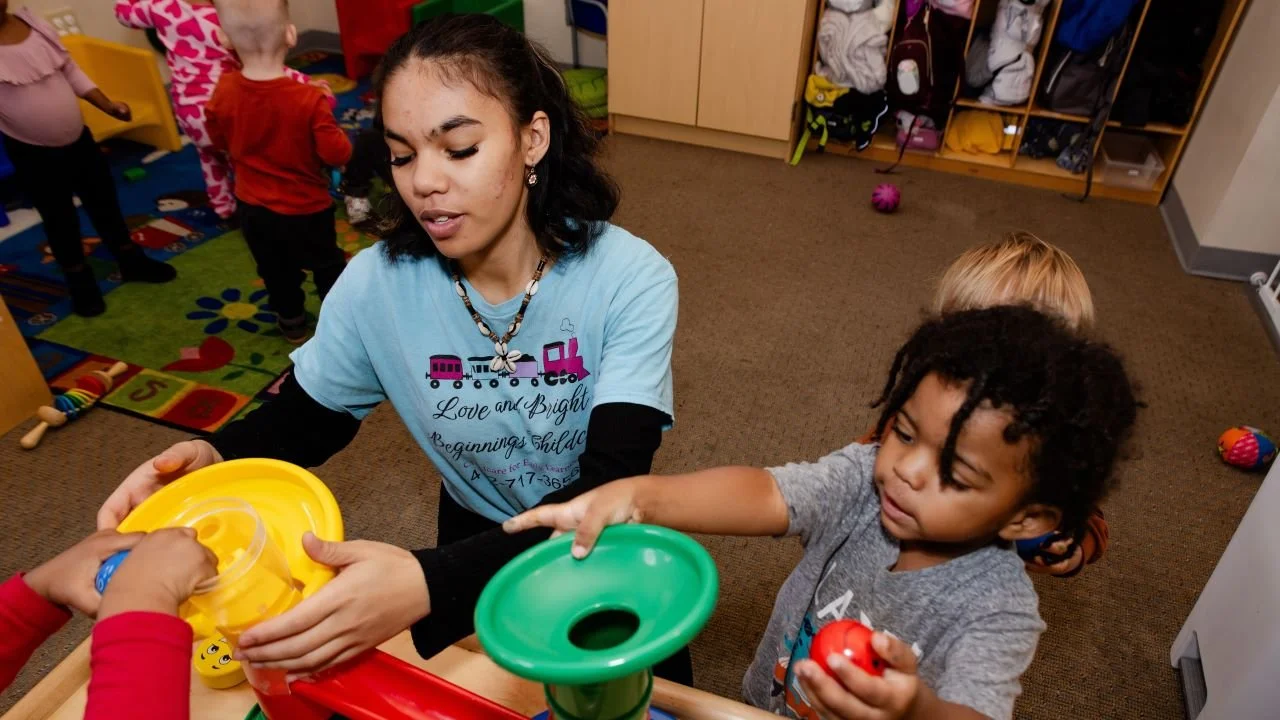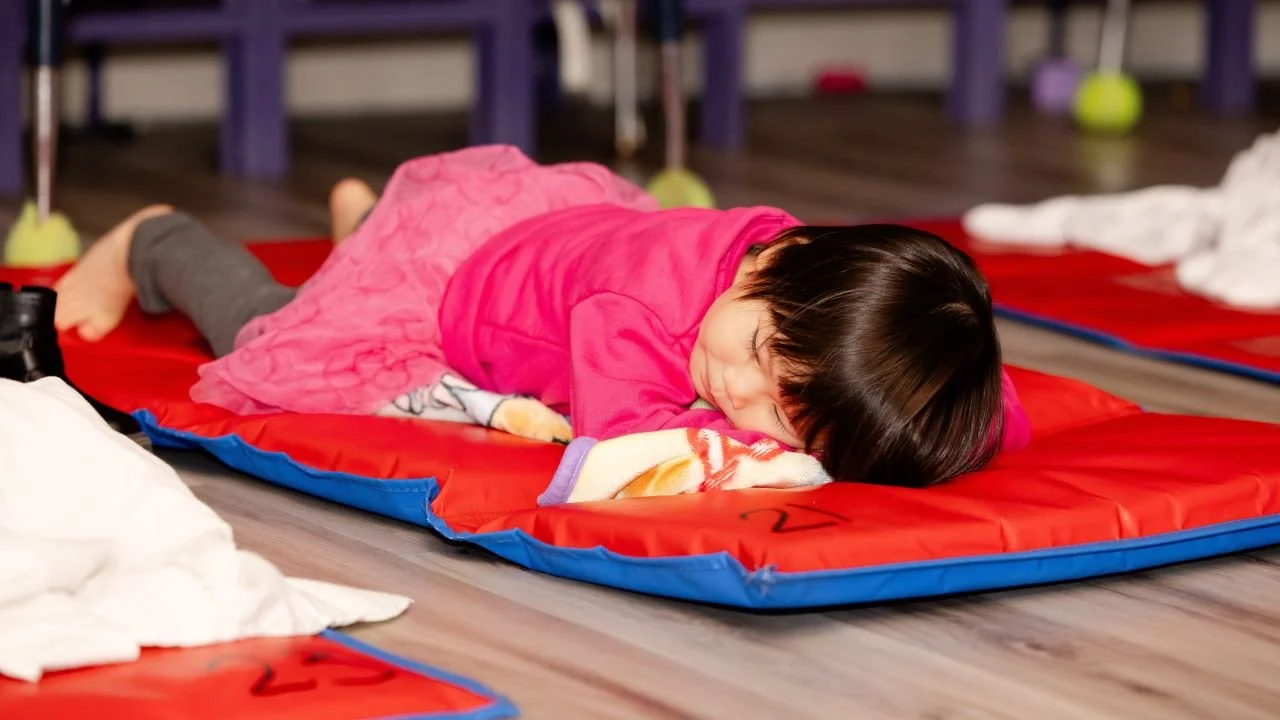News
Thriving Kids Newsletter Discusses How to Promote Good Behavior in Children
The Child Mind Institute recently kicked off its Thriving Kids newsletter with the topic of how to promote good behavior in children.
Child Mind Institute Series Focuses on Fostering a Child’s Development
The Child Mind Institute has released a list of resources for fostering a child’s development, from play to language skills.
Child Mind Institute Shares Resources on Setting Screen Time Rules for Summer
As summer temperatures heat up, parents will likely want to encourage their children to spend more time outside and hope that they’ll spend less time thinking about screen time.
Child Mind Institute Provides Resources for Getting Children to Do Chores
For most children, chores are a burden that they don’t enjoy and, many times, it can be a chore getting them to pitch in around the house.
Child Mind Institute Provides Sleepover and Summer Camp Anxiety Resources
Spending the night at a friend’s house or going away to summer camp can be a fun and exciting rite of passage for children and young adults - but it can also involve anxiety.
Child Mind Institute Provides Resources on Oppositional Defiant Disorder
Oppositional defiant disorder is a condition that is characterized by a frequent pattern of angry or irritable moods and argumentative or defiant behavior that is typically diagnosed in childhood.
Child Mind Institute to Host Black Families and Youth Mental Health Discussion
The Child Mind Institute will host a virtual panel discussion in May to discuss the findings of a study on mental health support for Black families and youth.
Child Mind Institute: Challenging Behaviors Could Be Signs of a Learning Disorder
Children who struggle academically in school might sometimes act out, whether it’s resisting to do their homework, refusing to participate, or being disruptive in class.
Resources for Children Who are Shy or Have Selective Mutism
Shyness can often be difficult for children to overcome. As a result, it can lead to misunderstanding and be a challenge for adults to comprehend what is causing a child’s reticence.








